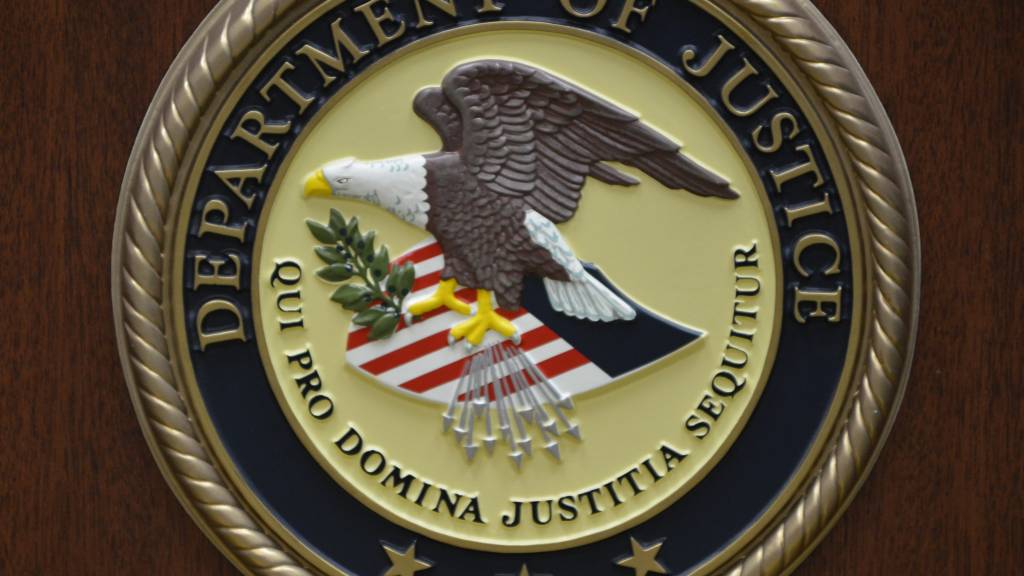The PGA Tour and LIV Golf are in a heavyweight title fight for the future of professional golf, and the Justice Department is watching closely ringside.
In a Monday report from Wall Street Journal, the PGA Tour confirmed the Department of Justice is investigating whether the Tour engaged in anticompetitive behavior against the Greg Norman-led and Saudi Arabia-funded LIV Golf Invitational Series. The DOJ declined comment while a spokesman for the Tour was confident, according to the Journal.
The upstart circuit has long been criticized as another way for the Saudi government to sportswash its human rights record. The series of events – eight this year and 14 next year – offer alternatives to the Tour, such as 54-hole, no-cut tournaments that offer mega-million signing bonuses and exorbitant prize funds, including $120,000 to last place.
More from the report:
Players’ agents have received inquiries from the DOJ’s antitrust division involving both the PGA Tour’s bylaws governing players’ participation in other golf events, and the PGA Tour’s actions in recent months relating to LIV Golf, according to a person familiar with those inquiries.
Such an investigation would ordinarily include the subject being instructed to freeze all relevant communications, both internal and with third parties.
In response to the challenges brought on by LIV golf, the Tour has increased its “strategic alliance” with the DP World Tour, enhanced prize funds for certain events and banned those who have played for the upstart circuit, which has hosted two events this summer with a third to come later this month at Trump National Golf Club Bedminster.
Critics have called into question the bans, as well as the policy of requiring players to request releases to play in tournaments opposite Tour events. Noted in the report, in 1994 the Federal Trade Commission looked into two Tour rules regarding golfers playing in non-PGA events without the commissioner’s permission and their appearance on televised golf programs, but stood down a year later.
“This was not unexpected,” said a PGA Tour spokesman to the Journal. “We went through this in 1994, and we are confident in a similar outcome.”
..
Click Here to Read the Full Original Article at Golfweek…
